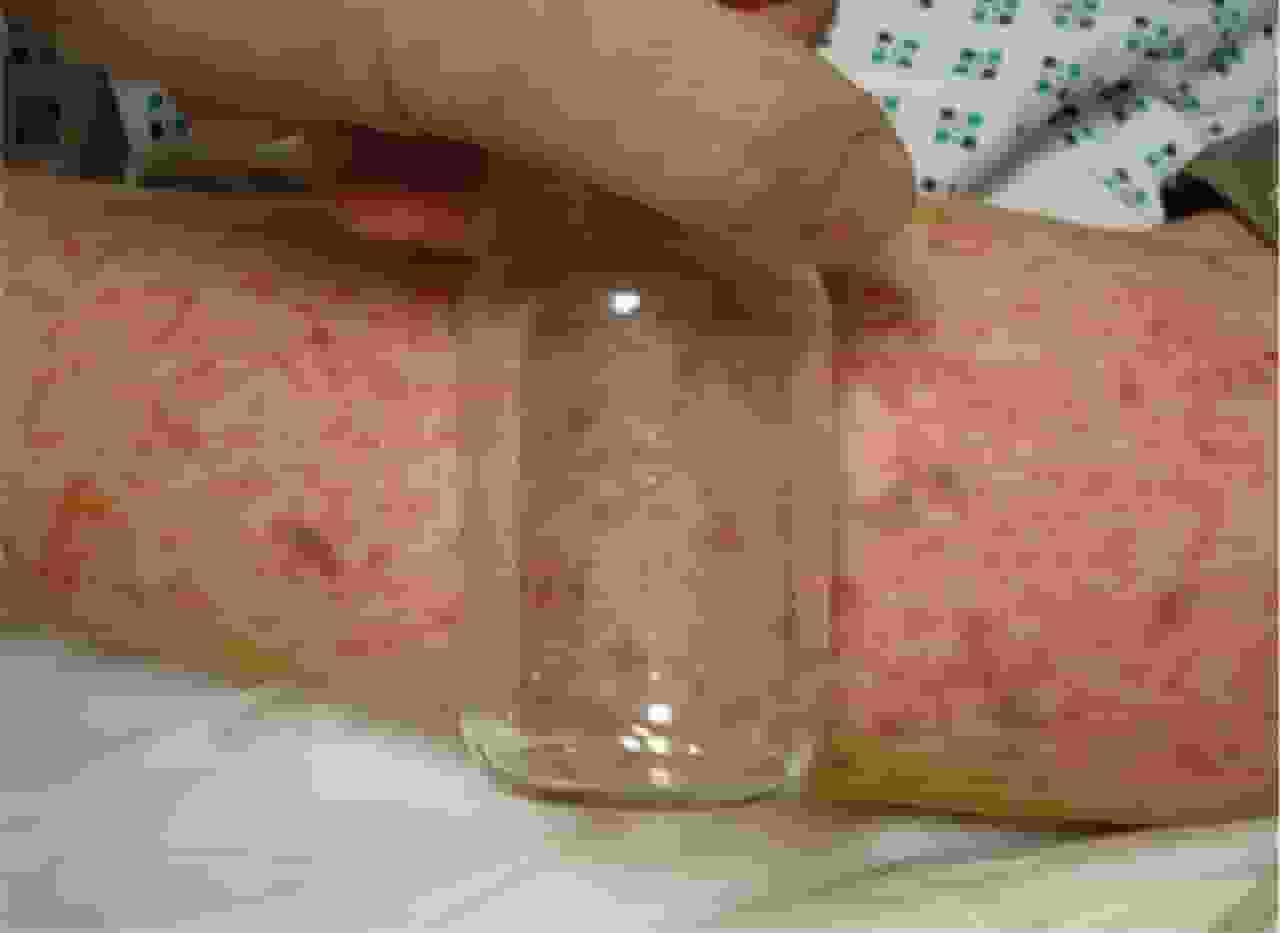
Virginia state health officials have issued a public health alert as a deadly meningococcal disease outbreak spreads in eastern Virginia.
Since June 2022, a dozen cases of the more severe invasive meningococcal disease (IMD) type Y have been reported, with three deaths linked to the disease’s consequences. According to the Virginia Department of Health, the strain is suspected to be spreading outside the state’s borders.
Meningococcal Disease Symptoms
While no common risk factor has been discovered, all known Virginia cases are Hampton Roads residents, who are primarily Black individuals between the ages of 30 and 60.
According to the health authorities, 11 of the instances involved people who had not been vaccinated against meningococcal disease type Y. In one example, a patient received only a half vaccination.
Symptoms such as fever, chills, headache, stiff neck, nausea, vomiting, sensitivity to bright light, and sometimes a rash may initially appear flu-like but quickly worsen. Early discovery and identification, according to state health officials, are critical for proper antibiotic treatment.
Three patients have died as a result of illness complications, indicating that the outbreak strain may have a higher fatality rate than is typically seen in serogroup Y infections.
According to state health experts, meningococcal disease is caused by the bacterium Neisseria meningitidis and can spread from person to person through respiratory and throat secretions. The bacteria is spread by saliva or spit. People are advised not to share personal items such as food, drinks, cigarettes or vapes, and lip balm, according to VDH.
Read more: Scientists have resurrected ‘zombie’ virus that had been trapped in permafrost for 48,500 years

Health Officials’ Recommendations
Health officials also recommended the following recommendations to help reduce the spread of the bacteria:
- Maintain proper hand hygiene.
- Avoid close contact with sick persons.
- If you have symptoms of meningococcal illness, seek medical attention right away.
- Ensure that adolescents and teens receive the meningococcal conjugate vaccine (MenACWY) on time when they are 11 or 12 years old, followed by a booster dose when they are 16 years old.
- If you are at high risk for meningococcal disease, speak with your healthcare provider to ensure you are up to date on the MenACWY vaccine.
Read more: SNAP Benefits: Payments will be reduced from $250 to $30 for millions of households

